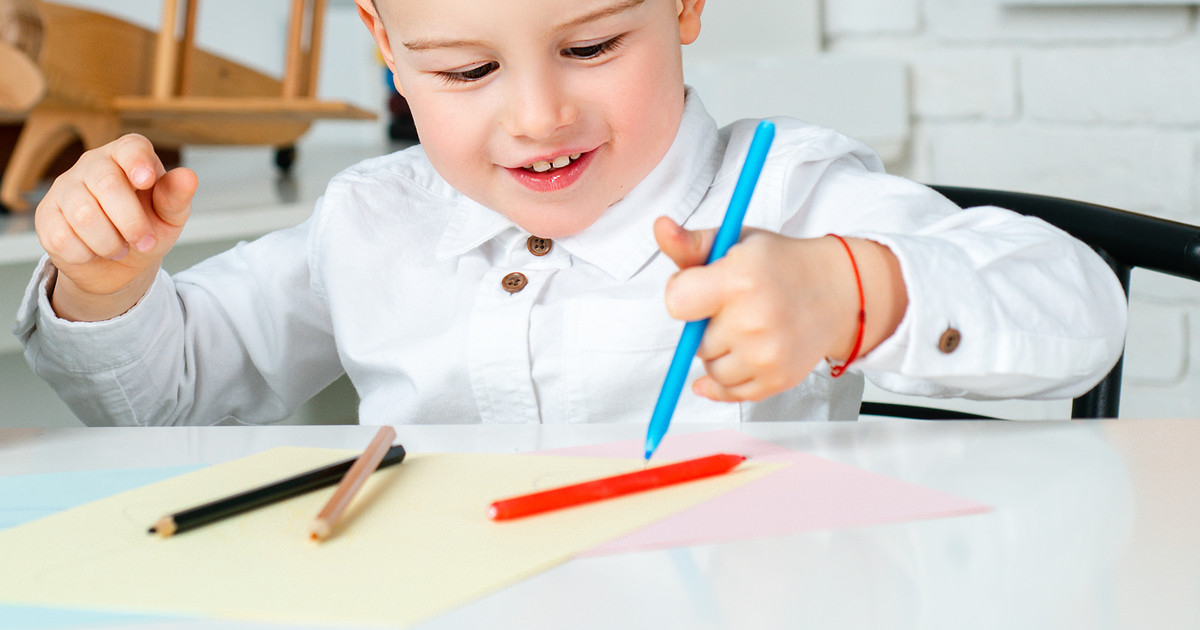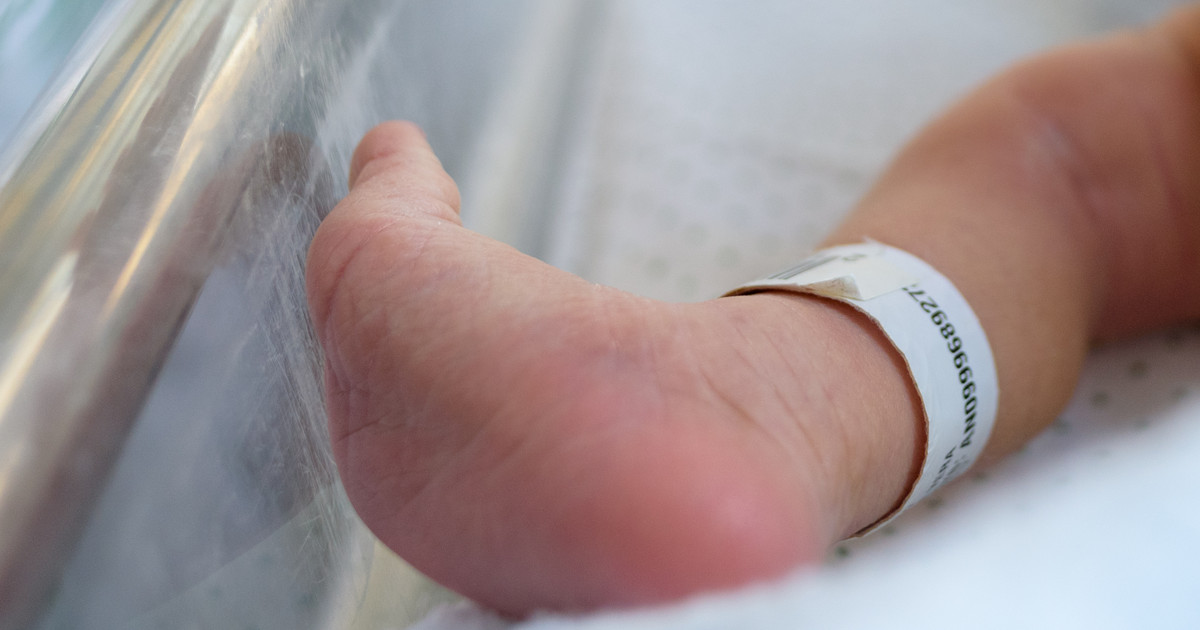Guide To The Symptoms Of Cerebral Palsy
Learning Difficulties

Evidence shows that learning difficulties are common symptoms seen in children with cerebral palsy. The learning difficulties that children deal with can vary. Some patients will experience a short attention span, difficulties with language, as well as problems with motor planning. Ultimately, these issues can negatively affect a child’s numeracy and literacy skills, among other learning abilities. The issues patients have with their fine motor skills can also influence learning difficulties. Cerebral palsy patients need to put forth more effort into their learning than others, which can make them tired more easily.
Delayed Development

As discussed, cerebral palsy involves brain damage that occurs during birth or immediately after birth. This brain damage can result in delayed development, one of the most common symptoms. In fact, it is often the child’s failure to meet certain developmental milestones that starts the process that leads to a cerebral palsy diagnosis. Most children with cerebral palsy will deal with delays in physical milestones.
For instance, babies should be able to lift their head up unsupported, bring their hand to their mouth, and roll over from their front to their back without help by four months of age. In addition, babies should be able to pull themselves up and stand and walk with some support by the time they are a year old and walk without help by eighteen months. This may not happen with cerebral palsy.
